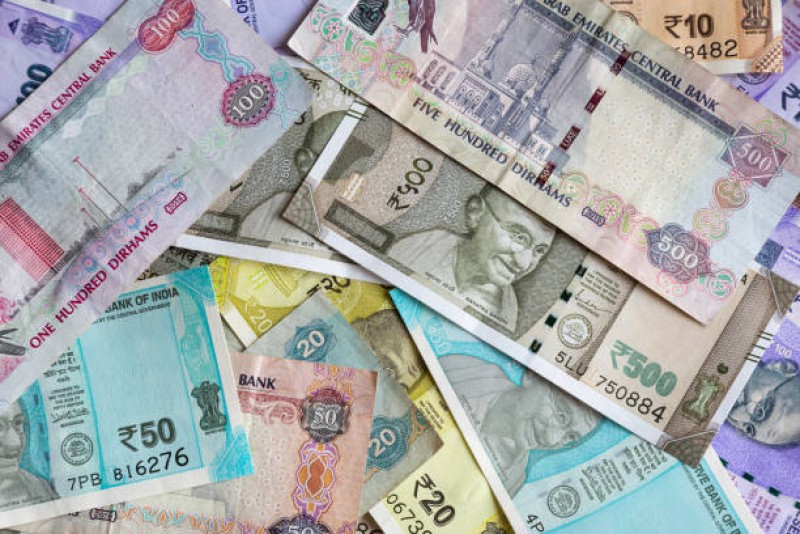
The dynamic relationship between Dubai, one of the seven emirates of the United Arab Emirates (UAE), and India extends beyond cultural and economic ties, manifesting strongly in financial transactions and currency exchange. As a hub for trade, tourism, and expatriates, Dubai witnesses a significant flow of money to and from India. Understanding the nuances of currency exchange and the factors influencing the rates is crucial for travelers, expatriates, and businesses engaged in cross-border financial activities.
The Currencies: AED and INR
The official currency of Dubai is the United Arab Emirates Dirham (AED), while India's currency is the Indian Rupee (INR). The exchange rate between these two currencies is a vital piece of information for anyone involved in financial transactions between Dubai and India.
Current Exchange Rate
As of mid-2024, the exchange rate is approximately:
1 AED = 22 INR
This rate is subject to fluctuations based on various economic factors, including inflation, interest rates, political stability, and market demand.
Factors Influencing Exchange Rates
1. Economic Indicators: The economic health of both the UAE and India, including GDP growth, inflation rates, and employment figures, significantly impacts the exchange rate.
2. Interest Rates: Central banks' policies in the UAE and India regarding interest rates affect the value of their currencies. Higher interest rates typically attract foreign investment, increasing demand for the currency and its value.
3. Political Stability: Political events and stability in both regions can cause exchange rates to fluctuate. Political unrest or significant policy changes can lead to uncertainty and affect currency value.
4. Market Demand and Supply: The forex market's demand and supply dynamics play a crucial role. High demand for AED in India or vice versa can strengthen the respective currency against the other.
5. Global Economic Trends: Global events, such as changes in oil prices (significant for the UAE economy), international trade agreements, and geopolitical tensions, also influence currency values.
Methods of Transferring Money
1. Banks: Traditional bank transfers are a reliable method, though they may come with higher fees and less competitive exchange rates compared to other options.
2. Money Transfer Services: Companies like Western Union, MoneyGram, and UAE Exchange offer faster transfers and sometimes better rates. They are popular among expatriates sending remittances to India.
3. Online Transfer Platforms: Services like TransferWise (now Wise), Remitly, and PayPal provide convenient and often cost-effective ways to transfer money, with competitive exchange rates and lower fees.
4. Exchange Houses: Numerous exchange houses in Dubai offer direct currency exchange services. These can be a good option for cash transactions, especially for travelers.
Tips for Getting the Best Exchange Rate
1. Monitor Rates: Keep an eye on exchange rate trends. Using apps or online platforms to track rates can help you transfer money when the rates are most favorable.
2. Compare Providers: Different banks and transfer services offer varying rates and fees. Comparing multiple providers can help you find the best deal.
3. Avoid Peak Times: Exchange rates can be less favorable during peak travel seasons or economic instability. Planning your transfers during stable periods can yield better rates.
4. Use Online Platforms: Online transfer services often offer better rates and lower fees than traditional banks.
5. Negotiate Rates: For large transfers, negotiating rates with banks or exchange houses can sometimes result in better deals.
Conclusion
Navigating the currency exchange landscape between Dubai and India requires a keen understanding of the factors influencing exchange rates and the best methods for transferring money. By staying informed and comparing options, individuals and businesses can optimize their financial transactions, ensuring they get the most value when converting AED to INR or vice versa. Whether you are an expatriate sending remittances, a traveler planning your trip, or a business engaging in cross-border trade, understanding the intricacies of currency exchange can lead to substantial savings and smoother financial operations.



